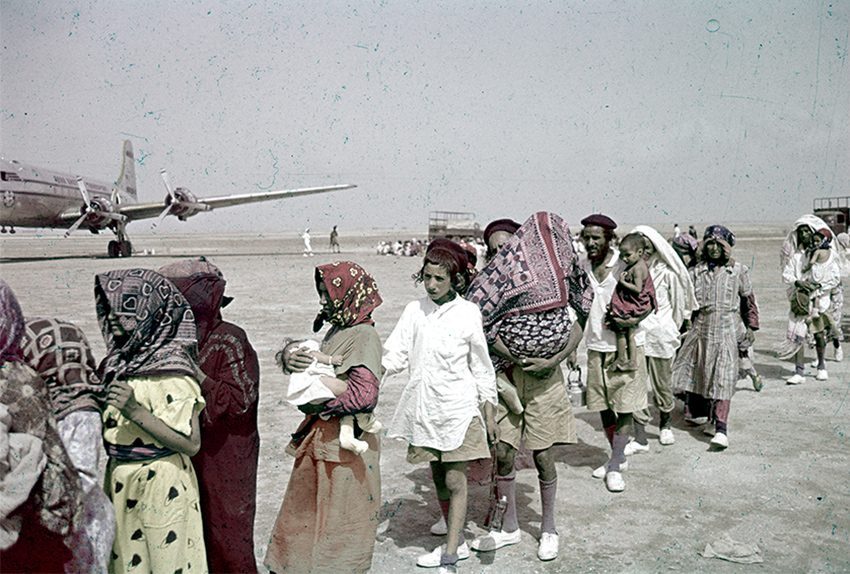PROMISE, PERSEVERANCE, BETRAYAL: STORY OF ISRAEL'S HOMELAND
Step back to 1922, where the winds of hope swept across the Middle East, carrying a dream for the Jewish people. Under the British Mandate for Palestine, a vast territory, stretching from what is now Israel, Gaza, and the West Bank to the lands of modern Jordan, was designated as the foundation for their long-awaited homeland, a promise echoed in the 1917 Balfour Declaration. This was a moment of redemption for a people scarred by centuries of exile. Yet, as this tale unfolds, the map shifts, revealing a story of betrayal, resilience, and a struggle that continues to shape the region. Join me as we explore this poignant history with a nod to the Jewish journey.
A Homeland Envisioned: A Promise Across the Jordan
Picture a land where the Jordan River united rather than divided, a territory of approximately 117,991 square kilometres, entrusted to Britain by the League of Nations to foster a Jewish national home. This vision, born from Zionist aspirations, offered a sanctuary for Jews worldwide. But in 1922, the British redrew the boundaries, carving out the eastern 77% to create the Emirate of Transjordan under Hashemite rule. This left just 23%, modern Israel including Gaza, and Judea & Samaria (name changed to the West Bank by Jordanian invaders), as the diminished stage for Jewish settlement. For the Jewish people, this was a bitter blow to a dream so close to realisation.
A Heartbreaking Turn: Displacement and Deception
As the lines were redrawn, the human cost emerged. A sizeable accumulation of Jewish communities, numbering in their thousands were rounded up from Transjordan towns like Amman and Salt and faced an uncertain future. With immigration halted east of the Jordan, many were compelled to leave their homes, trekking westward towards Mandatory Palestine in search of safety. Whispers persist of a British double-cross, trading this land to the Hashemites for oil rights or strategic gain, though the evidence on public display points more to colonial pragmatism than a clear deal, though the reader is invited to make their own mind up. Transjordan later became Jordan in 1946, a renaming that sealed the loss of a significant portion of the promised homeland. A hammer-blow to those who sought only a place to call their own?
A Struggle Against Opposition: The Jewish Fight for Survival
From this reorganisation, resistance grew. From the 1920s Arab populations in the west, fearing land loss, opposed Jews who had been expelled from their homes by Arabs in the east, with violent clashes erupting in 1929. The 1936-1939 Arab Revolt and the rejection of the 1947 UN Partition Plan, offering a Jewish state on 56% of the western Mandate, which is just 12.88% of the original portion of mandated land that was designated for a Jewish homeland, this ignited war. Israel emerged in 1948 with 78% of the western territory, still just 17.98% of the original mandate, but no less a hard-won foothold after Arab armies sought to prevent its birth. The narrative of a “reduced Palestine” due to Israeli aggression overlooks the truth: the Jewish homeland, once envisioned across both sides of the Jordan River, east and west banks, was slashed by British policy and further challenged by decades of Arab rejection and conflict.
A Testament to Resilience
This history is one of a people’s enduring spirit. The Jewish homeland, reduced from its original scope by 1922, faced relentless opposition, yet Israel rose from the ashes of war, transforming deserts into thriving communities. While Arab motives varied, the consistent denial of Jewish self-determination has tested this nation’s resolve. The story invites reflection: a homeland promised, diminished, and defended against great odds.
As we draw this chapter to a close, the past urges us to explore the Jewish narrative, a perspective often obscured by the distorted lens of a media landscape tainted by corruption, prejudice, and bias, which has misled millions across Europe and beyond. We cannot hold those deceived accountable, it’s not their doing. Our only recourse is to hope and pray they possess the insight to delve deeper and question the narratives presented to them. When something feels off, it’s often a sign that it truly is.
Explore this story further, do your own research, beyond the clutches of the aforementioned media, ponder this journey, consider the resilience it embodies and what lessons it might hold for peace!











No comments: